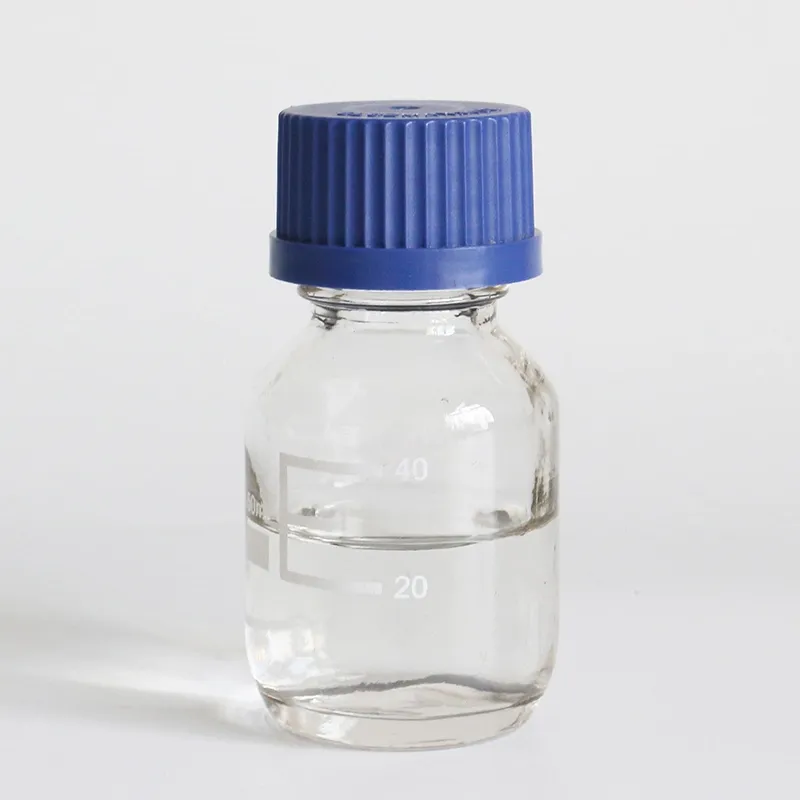 Email: sale@hebeidisha.com
Email: sale@hebeidisha.com
 Tel: +86 13315186550
Tel: +86 13315186550
- Afrikaans
- Albanian
- Amharic
- Arabic
- Armenian
- Azerbaijani
- Basque
- Belarusian
- Bengali
- Bosnian
- Bulgarian
- Catalan
- Cebuano
- China
- China (Taiwan)
- Corsican
- Croatian
- Czech
- Danish
- Dutch
- English
- Esperanto
- Estonian
- Finnish
- French
- Frisian
- Galician
- Georgian
- German
- Greek
- Gujarati
- Haitian Creole
- hausa
- hawaiian
- Hebrew
- Hindi
- Miao
- Hungarian
- Icelandic
- igbo
- Indonesian
- irish
- Italian
- Japanese
- Javanese
- Kannada
- kazakh
- Khmer
- Rwandese
- Korean
- Kurdish
- Kyrgyz
- Lao
- Latin
- Latvian
- Lithuanian
- Luxembourgish
- Macedonian
- Malgashi
- Malay
- Malayalam
- Maltese
- Maori
- Marathi
- Mongolian
- Myanmar
- Nepali
- Norwegian
- Norwegian
- Occitan
- Pashto
- Persian
- Polish
- Portuguese
- Punjabi
- Romanian
- Russian
- Samoan
- Scottish Gaelic
- Serbian
- Sesotho
- Shona
- Sindhi
- Sinhala
- Slovak
- Slovenian
- Somali
- Spanish
- Sundanese
- Swahili
- Swedish
- Tagalog
- Tajik
- Tamil
- Tatar
- Telugu
- Thai
- Turkish
- Turkmen
- Ukrainian
- Urdu
- Uighur
- Uzbek
- Vietnamese
- Welsh
- Bantu
- Yiddish
- Yoruba
- Zulu
Desemba . 03, 2024 21:11 Back to list
Properties and Applications of Inhibited Propylene Glycol in Various Industries
A Comprehensive Overview of Inhibited Propylene Glycol
In the realm of industrial chemicals, propylene glycol holds a prominent place due to its versatile applications in various sectors, including food, pharmaceuticals, cosmetics, and even in the manufacturing of antifreeze. However, not all propylene glycol is created equal. Inhibited propylene glycol is a specialized formulation that enhances the properties of standard propylene glycol, making it an ideal choice for a wider range of applications, particularly in extreme environmental conditions.
What is Inhibited Propylene Glycol?
Inhibited propylene glycol is a modified version of propylene glycol that contains additional chemical compounds known as inhibitors. These inhibitors are critical as they enhance the stability and longevity of propylene glycol, especially when exposed to heat and oxidation. By preventing degradation and prolonging usability, inhibited propylene glycol becomes crucial for applications where prolonged exposure to high temperatures or oxidizing environments is unavoidable.
Applications of Inhibited Propylene Glycol
1. Antifreeze and Coolants One of the most common uses for inhibited propylene glycol is in the formulation of antifreeze and coolant solutions. The inhibitors in the formulation prevent the corrosion of metal components within engines and cooling systems, providing essential protection against wear and failure. This makes inhibited propylene glycol a preferred choice in automotive and industrial applications.
2. Food Industry In the food sector, propylene glycol is recognized for its Generally Recognized as Safe (GRAS) status by the Food and Drug Administration (FDA). Inhibited formulations are particularly useful in food processing where temperature fluctuations can affect safety and quality. The inhibitors help maintain the purity of the glycol, ensuring it does not contribute to degradation or contamination of food products.
inhibited propylene glycol

3. Pharmaceuticals and Personal Care Products Inhibited propylene glycol is also prevalent in the pharmaceutical industry. It is often used as a solvent for medications and in formulations that require a stable carrier. The presence of inhibitors ensures that the propylene glycol remains effective throughout its shelf life, providing consistent results in therapeutic applications.
4. De-icing Solutions In aviation and transportation, inhibited propylene glycol is widely used in de-icing solutions. Its ability to lower the freezing point of water ensures that aircraft surfaces remain clear of ice, enhancing safety during operations in cold climates. Similarly, it’s used for de-icing roadways and pavements.
Environmental and Safety Considerations
While inhibited propylene glycol is generally recognized as safe, environmental considerations must be addressed. The compounds used as inhibitors must be evaluated for their environmental impact. Many manufacturers are now focusing on developing biodegradable and non-toxic inhibitors to meet increasing regulatory standards and consumer demand for sustainable products.
Moreover, proper handling and disposal are critical to minimize potential negative effects on both human health and the environment. Following safety protocols while using inhibited propylene glycol ensures that it remains a safe and effective substance for various applications.
Conclusion
Inhibited propylene glycol is a vital chemical compound whose enhanced properties allow for a wide array of applications across multiple sectors. Its role in antifreeze formulations, food processing, pharmaceuticals, and de-icing solutions underscores its significance. As industries continue to evolve with a focus on sustainability, the development of eco-friendly inhibitors could further enhance the appeal of inhibited propylene glycol, ensuring that it remains a key player in modern chemical applications. Understanding the properties, benefits, and considerations of inhibited propylene glycol not only aids in its effective utilization but also supports advancements in safety and environmental responsibility in industrial practices.
Latest news
-
Certifications for Vegetarian and Xanthan Gum Vegetarian
NewsJun.17,2025
-
Sustainability Trends Reshaping the SLES N70 Market
NewsJun.17,2025
-
Propylene Glycol Use in Vaccines: Balancing Function and Perception
NewsJun.17,2025
-
Petroleum Jelly in Skincare: Balancing Benefits and Backlash
NewsJun.17,2025
-
Energy Price Volatility and Ripple Effect on Caprolactam Markets
NewsJun.17,2025
-
Spectroscopic Techniques for Adipic Acid Molecular Weight
NewsJun.17,2025